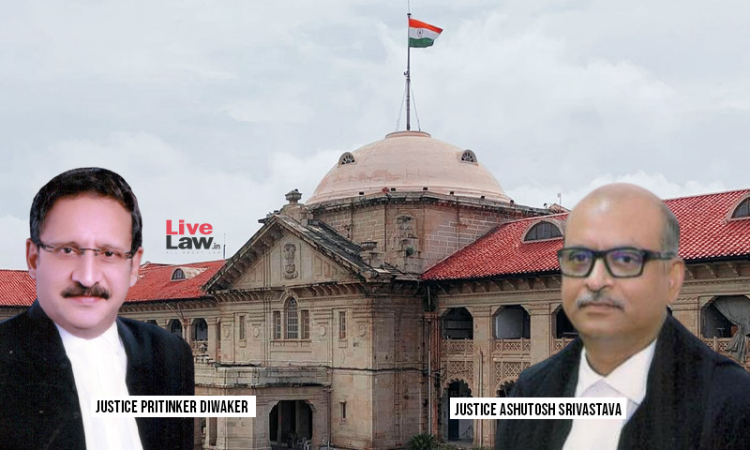Article 233- Judicial Officers Can't Apply & Compete For Direct Recruitment To Post Of District Judges: Allahabad High Court
Sparsh Upadhyay
7 Dec 2021 7:30 PM IST

Next Story
7 Dec 2021 7:30 PM IST
The Allahabad High Court recently held that under Article 233 of the Constitution of India, a Judicial Officer, regardless of his or her previous experience, as an Advocate with 7 years practice, cannot apply and compete for appointment to any vacancy in the post of District Judge.The Bench of Justice Ashutosh Srivastava and Justice Pritinker Diwaker further clarified that his or her...
